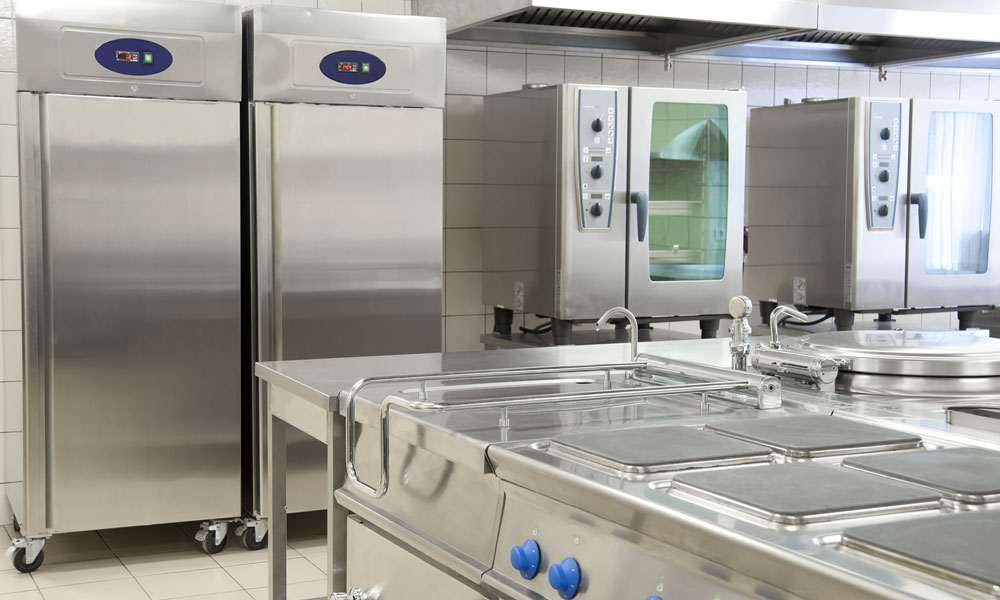If yours is a business that needs refrigeration, then getting the right system is very important. Not only that but these can be big, expensive pieces of equipment and the last thing you want is to get the wrong thing. So, here are some top tips on choosing a refrigeration system for your business.
Space available
The first consideration is the most obvious but is one that people can easily overlook – how much space do you have for the refrigerator? Obviously, you don’t want to buy something that is too large to fit into the premises, but it is more subtle than that.
Not only does the fridge need to fit but it needs to be fit in a way that makes it easy to use or access. For example, if it is for customers to use then there needs to be enough room for the lid or door to open and them to get the items inside. For staff use, a similar concept applies.
Also, if the item is on display, you want it to look smart and sensible. If it is so large that it looks odd, then this will catch customer’s attention and can even put them off – sometimes people just feel uncomfortable if something seems to loom over them!
Temperature requirements
While the requirement for the temperature within the fridge is fairly standard – 5 C or less is the usual – there may be some areas where you need variable temperatures for different purposes. This might mean having a different type of refrigerator to offer this.
For example, meat fridges and chillers are usually between -1 and 1 C while anything frozen needs to be under -18 C to stop the growth of bacteria. When choosing the right system, you need to think about the different requirements of the foods you will be storing and how this impacts the layout.
Ventilation
Ventilating the system and giving it the air it needs to operate is also part of considering the space available. Most fridges will have some kind of recommendation about their location and space around them. You need to ensure you can meet this before you buy the item, or you risk the fridge overheating and spoiling the food.
Also, if the fridge doesn’t have the ventilation it needs, this impacts performance. It means it could cost more to run and can even shorten the lifespan of the equipment.
Maintenance
The final consideration is the maintenance of the equipment. This comes from two areas – one, being able to access it properly to carry out maintenance and second, being cost-effective to maintain.
General maintenance will be carried out by staff, cleaning and ensuring the system has good hygiene measures. Then periodic maintenance from an expert will be needed to make certain it is running correctly and remains efficient. They should be qualified in dealing with refrigeration units and have plenty of experience installing and maintaining this type of equipment. Then you get the most efficient and greatest longevity from your fridge.

